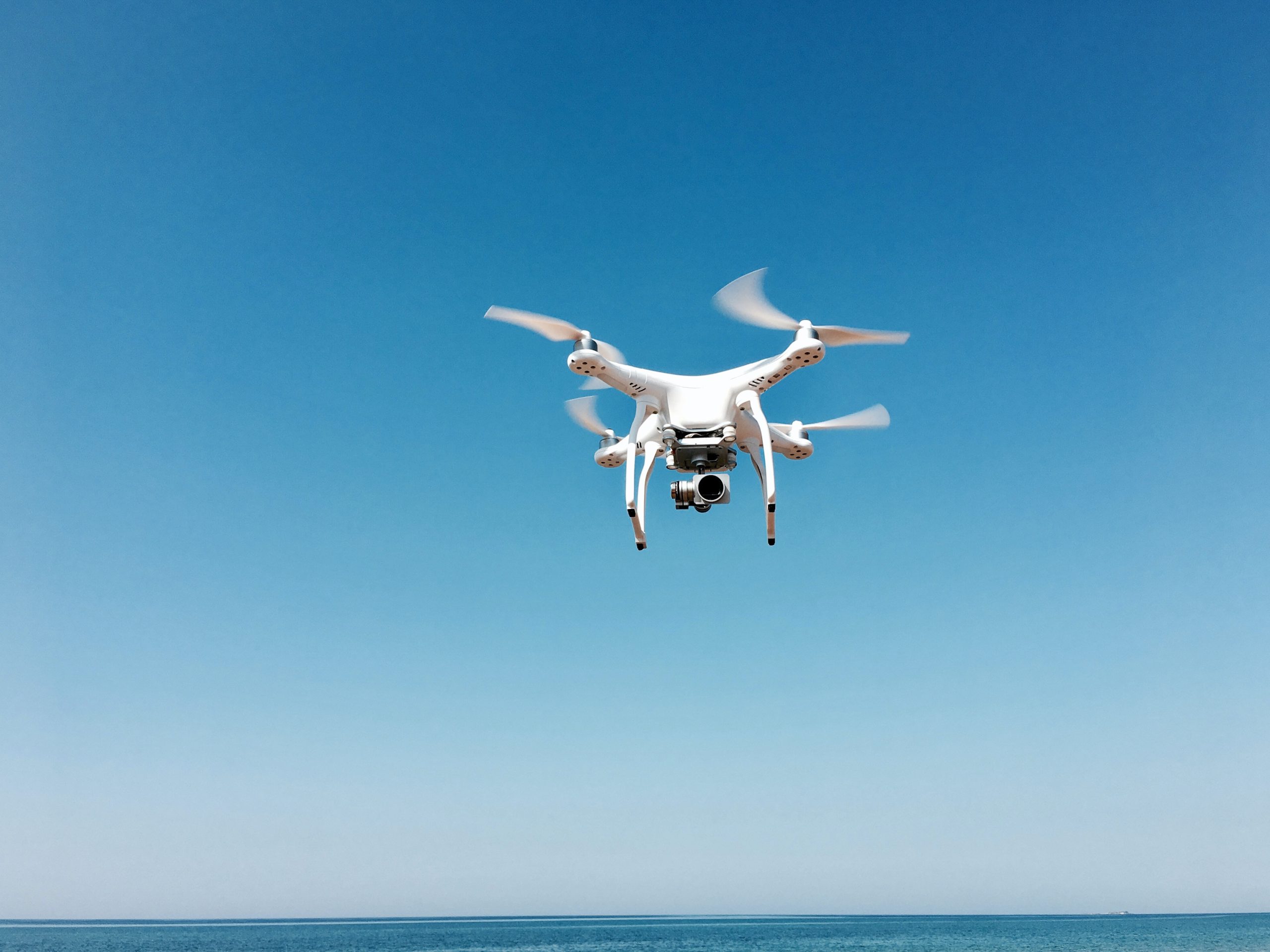In this day and age, everyone uses the Internet as it is often necessary for many types of jobs or for the payment of bills and goods. Still, the Internet is not always a safe place which is what we learned from massive data leaks over the years.
So, what happens if you want to use the Internet on a maritime vessel? Is your data safe? Can you do everything that you normally do when you’re on land? What laws apply at sea? For example, can you play at an online UK casino? We will answer all these questions in this article.
Internet Operator
Let’s start with the obvious thing. If you want to safely use the Internet, you have to first make sure that your Internet provider is reliable. We suggest sticking to big names in the industry that have proven themselves over the years.
Still, don’t just pick the first popular provider available; research all your options, which might be limited based on where you will be sailing. Read customer reviews and give special attention to those from your region as they would be more accurate.
VPN
The next step on the way is to get a VPN. Not only would this allow you to access content that might be otherwise blocked due to the area you find yourself in, but you will also have another layer of protection. So why exactly is a VPN known for providing cyber security?
Every Internet user has an IP address that can reveal their location to those who know it. This opens the possibility of a cyber-attack and potential data leak which can lead to terrible consequences. A VPN creates a virtual IP address that encrypts your data and hides your browsing history.
Therefore, it’s a good idea to invest in a VPN whether you’re on a maritime vessel or not. Again, we suggest reading customer reviews and getting the VPN that performs the best according to experts and users.
Laws
Many people assume that “everything goes” in the open sea, but is that really the case? Well, not exactly. While the world’s oceans and seas don’t belong to any one country, countries are allowed to lay claim on a zone in the water up to 12 nautical miles (22 km) from their coastline.
This means that while you’re in that zone, all laws of the respective country apply, and they can be enforced by it. We recommend getting to know them, especially if you’re planning on sailing from or to a country that you haven’t been to before.
What happens when you enter international waters then? The answer is that some things which might not be allowed on land are allowed in international waters. This is why gambling ships, for example, are still popular in American states that prohibit gambling.
Still, there are laws that govern international waters. The United Nations have devised maritime laws in international waters that should be abided to.
In relation to the Internet, you may not commit an act using the Internet that would be considered a crime according to various maritime conventions which have been signed by most countries on Earth.
Aboard a Cruise Ship
We wanted to have a special section on cyber security aboard cruise ships as there are some particular problems you might experience there that you will not experience on a personal maritime vessel.
First, the Internet access. Cruise ships usually offer free Wi-fi to their clients, but this free Internet might not be secure. Check the status of the Internet connection on your device when you first log in to see if your data is safe with that Wi-fi.
Even if it turns out that the connection is indeed safe, you still should take some precautions as this is a public Wi-fi which can be accessed by anyone and everyone on the cruise ship. As suggested previously, use a VPN or another tool that could encrypt your data.
Still, if you want to be extra cautious you can take a few other measures. It’d be best if you don’t log in to your bank or shop online when you’re using the free Wi-fi on board as someone might hack your bank account. You should also notify your bank before you leave for the cruise as they can prevent potential theft.
Last, but not least, always pick a strong password and use two-factor authentication. Your password should contain letters, numbers, and symbols and it’s preferable for it to not contain personal details (e.g., family and pet names). The two-factor authentication offers another layer of online security.
Final Thoughts
We hope that you enjoyed reading this article and that you have a safe and fun Internet experience on a maritime vessel. If you want to learn how to stay protected against physical threats such as pirates, read our article on maritime piracy.




